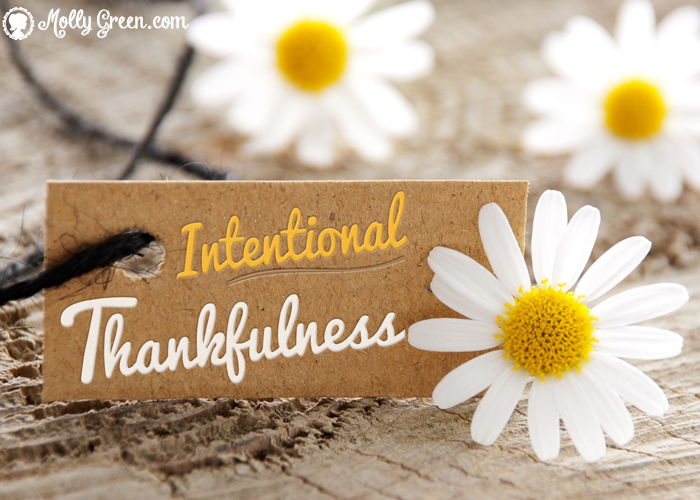By Kim Sorgious
This is the time of the year when we remember to be thankful. But if you’re anything like me, you may feel somewhat less than successful at offering up praise and thanksgiving the rest of the year.
Let’s face it. Teaching our children to give thanks is something that we all want to do better. We know it’s valuable in helping our children to feel less “entitled” and be more godly. And it’s something that we’d like to do a little more often ourselves.
But can we do it?
It seems like the impossible feat as a parent—especially in a society that’s full of give-me, give-me and “have it your way.” But take heart; it’s not impossible. In fact, it’s rather simple if we just take a few moments to be intentional about it.
Be intentional to teach thankfulness. It’s funny how we often miss this, but intentional teaching is a requirement of all good parenting. We cannot expect our children to know why or how to do something that we have never taught them. But don’t worry. A fancy or expensive curriculum is not required to accomplish this.
We need to teach them exactly what to be thankful for and the Bible has all of those answers. It says that God is great and all of His promises are true. It also says that God created us, adopted us, forgives us, and works everything for our good. If we truly believe that, it’s difficult not to overflow with thanksgiving, isn’t it?
A supplement to the Bible would be biographies such as Corrie ten Boom, George Muller, or Hudson Taylor. These offer great value in helping children to understand how much they really do have and how to demonstrate thankfulness in hard situations.
If you are looking for a simple Bible study to help your children understand the importance of giving thanks, you might enjoy Count Your Blessings, a hymn study featuring three beloved hymns, their stories, and a deep look at what the Bible says about giving thanks.
Be intentional to model thankfulness. Our children learn more from watching us live life than from listening to our words, which means that we must be more intentional about how we model thankfulness.
The Bible calls us to teach as we walk along the way (Deuteronomy 6). That means we are to teach thankfulness in the everyday parts of life. When you see a beautiful sunset, thank God for it. When you get an extra paycheck, thank God for it. If we truly believe that God is at work in every good thing (James 1:17) then we will offer up thanks during every single moment in life.
Yes, I said every single moment. If we truly believe that God’s Word is true then we must learn to be thankful even in the hard things. Modeling this for our kids will truly change who they are!
Be intentional to record thankfulness. Why do we write down a shopping list before heading to the store? Because we want to remember all of the items that we need to purchase. This is a practice that we should utilize for teaching thankfulness to our children (and ourselves). There are several occasions in the Bible where the children of Israel were guilty of great sin simply because they did not remember the great things that God had done for them. We need to be very careful not to fall into that trap ourselves.
Thankfulness for what God has granted will guard us from sin, help us to live a more godly life, and draw us closer to God.
Kim Sorgius is the author of Amazon-bestseller Not a Statistic: Parenting in a Broken World, as well as many popular Bible resources for families. She is passionate about homeschooling, parenting, and faith. You can find her at Not Consumed Blog where she encourages us to build victorious families together!





